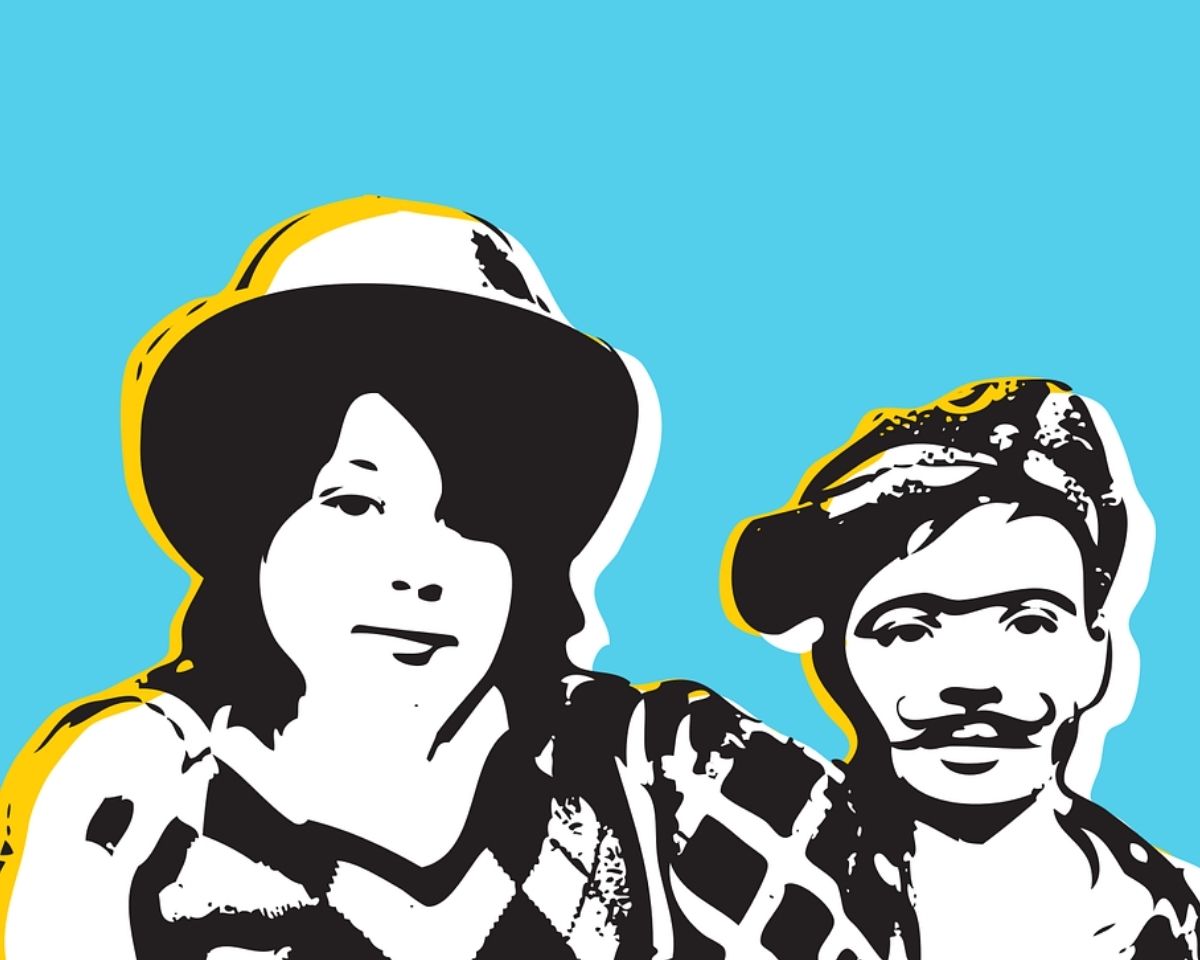
It’s all fun and games until somebody gets annoying
Working with a podcast co-host can be one of life’s great joys… if it’s the right person.
If it’s the wrong person it can be as fun as performing surgery on yourself with a corkscrew.
When you’re starting out, having someone to bounce off can seem like the easiest option. But while there are plenty of advantages to not going solo there are a few things you should consider…
Is your podcast co-host afraid of commitment?
When you ask someone “Would you like to do a podcast with me?” the answer will almost always be “YES!”
Why? Because podcasting sounds exciting!
Most people have a romantic view of what it’s like and don’t realise how much work it is or how long it can take to build an audience.
Podcasting to no one can be a pretty soul-destroying experience but if you want to grow an audience you have to keep churning out episodes. Even when no one is listening.
That means you need to be sitting across from someone who’s as committed to getting through the hard times as you are.
Make sure chemistry doesn’t make you lazy
If you find a podcast co-host who keeps you on your toes, excites you with their opinion, makes you laugh AND puts in the hard work then hold on tight!
One of the great things about working with someone you gel with is that chemistry can get you through an episode if one of you is off your game or, heaven forbid, underprepared.
But don’t let that be a reason to take your foot off the gas when it comes to preparation and effort.
Chemistry alone can carry you for a while but your audience will sense it if you’re not trying.
And nothing turns people off like sounding like you don’t care.
Don’t forget about your audience
While it’s great to entertain the person sitting across from you, if you focus too much on them it’s easy to forget about the people listening.
I’ve heard some shows waste the first 15 minutes warming up and ‘talking amongst themselves’ before they get into their content.
And while this might feel fun for you as a host, to a listener it sounds like you don’t care if you’re wasting their time.
Even if you don’t mean to be self-indulgent it’s easy to slip into sounding like that when you’re hosting a podcast with someone else.
So don’t forget the people you’re there to serve.
So what if you really want a co-host?
If you’re still keen to get yourself a podcast co-host here are a few tips to help make the most of the arrangement…
Use hand signals
Some people think waving your hands around in a studio is reserved for people who’ve got their podcasting training wheels on. But in reality, it’s the mark of a true professional.
To make a show sound seamless the conversation needs to pass effortlessly from one person to another.
Ideally, there’ll be no moments where you talk over each other or interrupt. And the best way to achieve this is with hand signals.
That’s because your brain often conjures up moments of brilliance when someone else is talking.
Interrupting them is fine in a normal conversation but when you’re hosting a podcast that kind of undisciplined banter can sound messy.
Instead of jumping all over your co-host when inspiration strikes, a subtle raise of the hand will let them know “When you’re done, I’ve got something to add.”
That way they can finish their train of thought secure in the knowledge their brilliance won’t be trampled on.
And when they’re done, they can give you a nod to let you know it’s your turn to take the lead.
In people’s ears, it’ll sound like a seamless conversation even if, in reality, it looks like you’re both trying to land a plane.
Put in equal effort
Nothing breeds resentment like one person showing up for an hour to record then disappearing for the rest of the week.
There’s so much work that goes into each podcast episode so make sure you’ve had a clear discussion about who does what.
If your co-host is happy to edit the show (which can take A LOT of time) make sure you pick up the slack elsewhere and tackle something meaty like social media or guest booking.
For a show to be at its best every week, you need to feel like you’re podcasting partners in crime so make sure you’re pulling your weight.
Your goal should be to make your co-host sound amazing
This is the single most important rule when working with podcast co-hosts because if everybody’s goal is to make the other people in the room sound amazing you can’t fail.
Your audience will smell it a mile off if your M.O. is to be the person who speaks the most or gets the last laugh and it doesn’t win you any brownie points.
If you’re committed to a team win your show will be so much better.
Plus, it’ll be a joy to do because nothing feels better than working with people who’ve got your back.
Got a burning podcasting question you’d like answered? Send me an email.
Want to start your own podcast but need a little help? Download my “How To Start A Podcast” guide or sign up for my online podcasting course, PodSchool.
Hello and welcome to the show. Today I'm going to be talking about the magic of having a cohost and also the punish of having a co-host. It's not always a good idea to pair up with somebody for your show although this is going to depend on your content, so if you're doing a comedy show maybe just yapping into a microphone by yourself isn't going to work because you need somebody to bounce off. But if you are umming and ahhing about it but you're not quite sure. I just wanted to jump into your ears and give you a few things to think about.
The first thing that I'd say is that if you are brand new to this it can seem like the best option because you might be scared to do it on your own. It's a weird experience to talk into a microphone by yourself and to get that energy and tone and excitement you need to actually engage an audience. An easy way to solve this can be to jump in and grab a co-host but there are a lot of reasons why co-hosting can be more trouble than it's worth. Yes, it's much easier to have that conversational chemistry and that energy with somebody else in the room but some things to think about before you lock down a friend or a work colleague or someone else is that you need to make sure you are both equally committed to the project. If this is a baby of yours and you are too frightened to do it on your own so you're looking for somebody to jump in with or you think you might be more motivated to do it if somebody else jumps on board. They have to have the same amount of passion for the project as you do. Otherwise, it is going to get real awkward and real uncomfortable real quick. You know everybody wants to get involved in podcasting so if you offer up the idea to a friend or a colleague then chances are they're probably going to say yes because it's going to sound like a great idea but the thing it's important to realise is that it often takes a long time to build an audience and to build a fan base and you have to be sitting down in front of a microphone with somebody who looks across at you and says "I would do this whether we had listeners or not." You need somebody who is invested in the project and just wants to do it because they want to create something and they see the worth in doing this week in week out. If it's taking you a long time to build your audience it can be soul-destroying if you don't have that fire burning in your belly for what you are doing. The audience and the listeners will eventually come but it is a long-term game. Yes, there are some shows that flash onto the scene and get heaps of listeners straight away but those are the exception rather than the rule so make sure you choose the right partner.
Just like bending down on one knee and asking someone to marry you, you need to make sure this person is on the same page so keep that in mind. If you can't find someone equally dedicated then it might be worth spending the time to practice and get over those nerves and get comfortable behind the microphone by yourself because you know you will always be willing to turn up every week and get that show out when another person might not. The other thing that is fantastic about having a co-host is chemistry and that energy you get when you're across from somebody but it can have negative effects on your podcast. Sometimes chemistry can actually make you lazy because you can feel that you don't have to prep as much because once you sit down together you'll find somewhere to go and that can often end up in a meandering show that doesn't really go anywhere and that doesn't have the listener in mind.
It's really important if you do decide to have a co-host that you make sure you maintain the discipline of doing a show. It's very easy to stick to a plan and make sure you are always thinking about your audience and creating content for them when you are by yourself. But it's still really important when you're with somebody else not to get too caught up in the moment of being with them. Yes, you are still performing and trying to get them interested in what you're saying but you must always have the audience in mind so even though you're having a conversation with somebody you're basically presenting that conversation to the people who are listening. So keep them at the top of your mind and don't get lost in the sort of magic and the joy of the moment. Save that stuff for the pub have all of your great convos at the pub that nobody really cares about or wants to listen to but just be mindful of being disciplined and making sure that your show still stays on track so it doesn't end up being a waffling mess. You never want to forget the people that are turning up to listen to your show and often that takes planning preparation (I know, all the boring stuff).
If it suits your show if you know you've got a partner in crime that is going to hold your hand Thelma and Louise style and leap off that cliff then fantastic. Here are some tips that will help you work well with them. The first I would say is to please use hand signals. Sometimes people say hand signals are for babies but they're not, they're absolutely for professionals, and in professional radio studios and any professional shows, you will always see people using hand signals because that's the way you make it sound like a really easy back and forth conversation where nobody steps on anybody's toes and nobody talks over the top of each other because you're basically signaling in the studio or in the podcast set up that you want to talk next or that you've got an idea so the person across from you can get through the end of their thought without being run over. It really helps to move things along in a way that sounds a lot more seamless when you hear it in your ears but in the studio or in your lounge room you can basically look like you're directing traffic if you want to but your audience will never know. The other important thing is to please share the load. Nothing will get your blood boiling quicker than you doing every single thing on your podcast and your co-host just turning up. Sit down at the beginning of the process and divide up what needs to be done. Who's going to do the show notes pages. Who's going to upload the episodes. Who's going to share things out via social media. You want to make sure that everybody is doing their part so that no resentment builds in the show because you just can't have that magical chemistry that people love to listen to if you're sitting across from your cohost staring into their soul trying to make them feel guilty for the fact they've done absolutely nothing for the show. This again will come down to the person you choose to be across from.
My final piece of advice and the most important of all is that if you have a co-host your number one goal should be to make them sound amazing. If you have two people in a show or three people in a show and everybody's individual goal is to make the other people in the room sound amazing and support them and keep the ball up in the air, then as a team you can never lose. The show will always be good if you are always looking out for the people you are with. Listeners love to hear people in their ears who clearly respect and love each other and enjoy being in a show together. And the only way that you get that happening is if you're looking out for the people that you do a show with. Your audience is going to smell a mile away if your m.o. is just to be the person that speaks the most on the podcast or to get the most points across or to have the last laugh all the time. It really isn't great to listen to.
But if you are committed to the team win and realise that if somebody else gets a laugh or if somebody else makes the important point then everybody wins as a whole then your show will be so much better and it'll also be a joy to work on.
I hope that's helped you work out whether or not a co-host is right for you. You can check out the show notes page for this and all the other podcast episodes at PodSchoolPodcast.com. You can also sign up for my online podcasting course, Podschool.com.au. Thanks so much for listening. I'll see you next week and until then, happy podcasting.

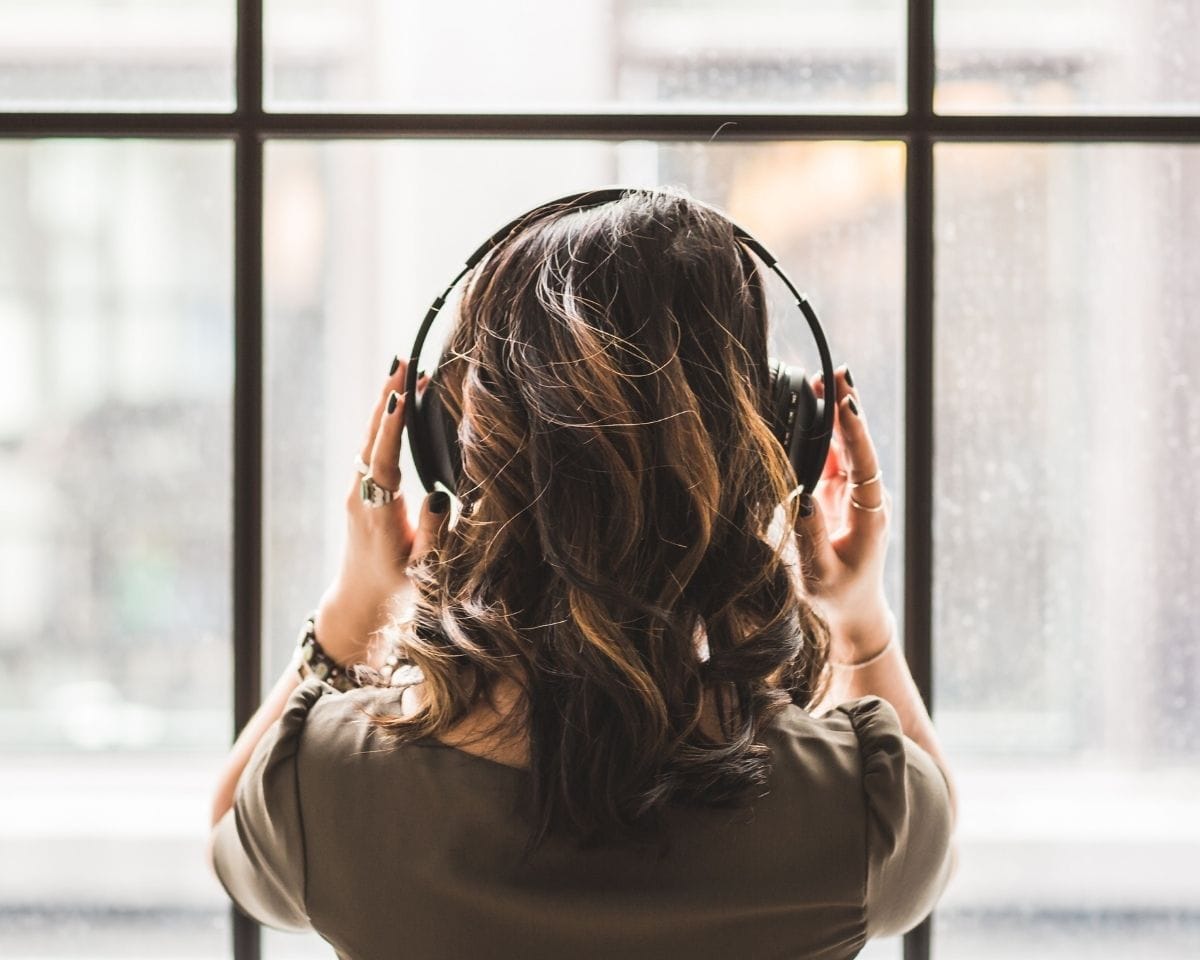
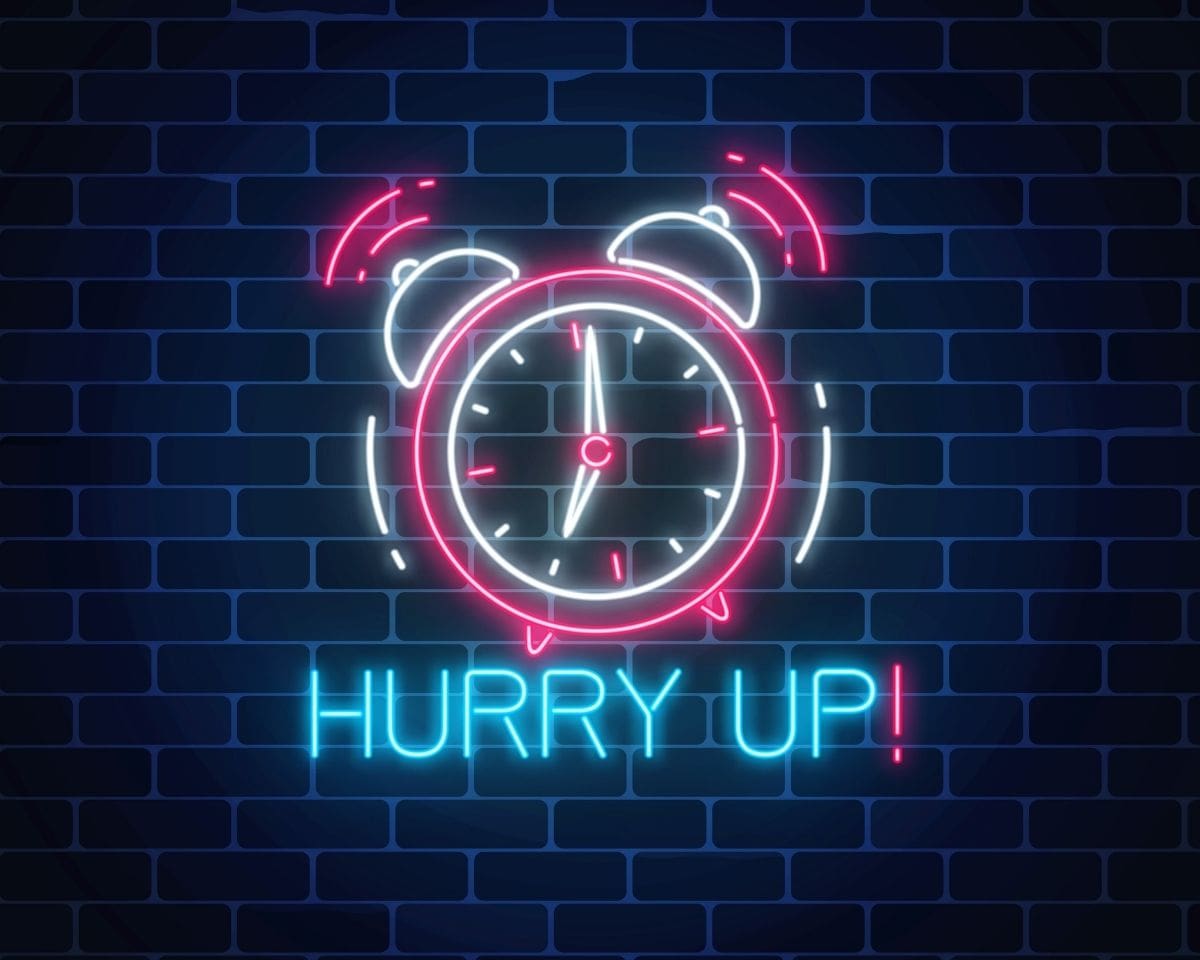




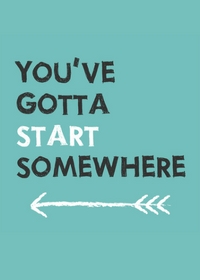

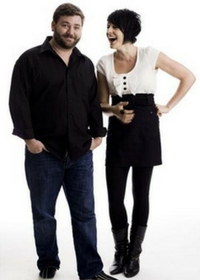



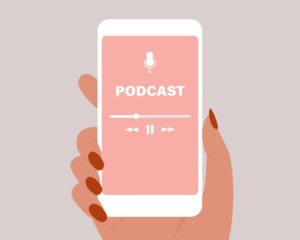






insightful as always. Thanks Rachel
Always great advice, thanks 🙂
Thanks, David!
Super helpful!
Thank you so much for all the tips, your website literally has everything I wanted to know.
Yay! Thanks Helia!